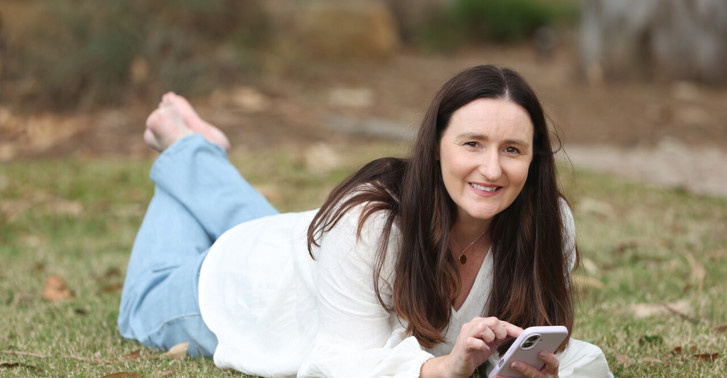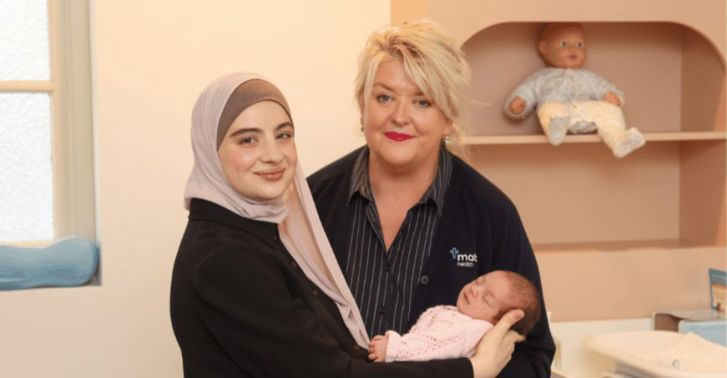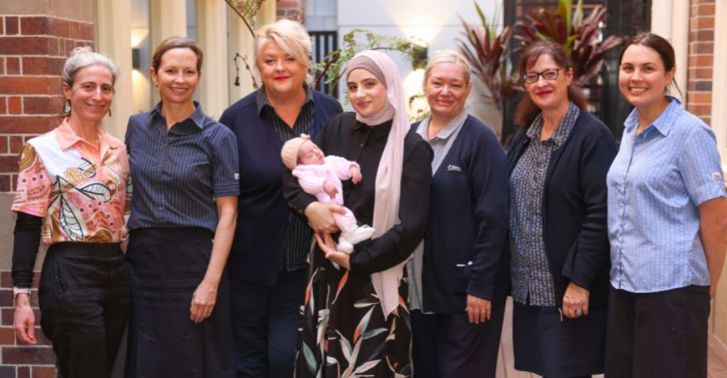
Mater is calling on women who experience domestic and family violence (DFV) during and after pregnancy to speak out and seek help from trusted services.
Around 30 per cent of women who suffer DFV are first abused while pregnant or soon after the birth of a child.
Mater, which provides Australia’s largest maternity service, is encouraging victims to safely seek support and protection with the launch of new innovative DFV awareness videos during Perinatal Mental Health Week (November 23-29).
The videos are available in 13 languages and detail the signs and dangers of domestic violence, including its non-physical forms, and where to seek help.
Dr Grace Branjerdporn, Research Team Leader at Mater’s Catherine’s House for Mothers, Babies and Families, said Mater was committed to ensuring the physical and psychological safety of women during and after pregnancy.
“Domestic and family violence is the leading cause of death in women aged 15 to 34 and many people don’t realise the risk significantly increases during the perinatal period,” Dr Branjerdporn said.
“Pregnancy and the arrival of a child changes the dynamic in relationships, with a woman’s focus moving away from the man and on to the baby.
“For some men this leads to an urge to control and act violently, meaning that women become more vulnerable at a time when they and their baby are often isolated and need extra care and safety.”
Rebecca Latham, Mater’s DFV Health Workforce Specialist, said DFV could take the form of physical, verbal, financial, sexual, spiritual, digital and psychological abuse and threats.
“However, power and control is always the common denominator,” Ms Latham said,
“It’s usual for women to suffer injury, fear, depression, isolation and anxiety. Sometimes their unborn is hurt as well.”
Poor birth outcomes, including low birth weight, premature birth and post-natal depression, are all associated with DFV during pregnancy.
“There are many barriers that prevent women who are experiencing DFV from seeking help, especially women who come from culturally and linguistically diverse backgrounds,” Dr Branjerdporn said.
“These barriers include the belief that DFV is normal, shame and fear that victims won’t be believed, as well as visa complications and the risk of separation from culture.
“But help is available, both for choosing to stay in or end a relationship.
“Pregnant women and new mums can speak to their midwives or hospital-based social workers – other specialist agencies can help too.
“Domestic violence only gets worse in silence, so speak out and seek help.”
Mater’s Domestic and Family Violence in Pregnancy videos were partly funded by a $25,000 Queensland Government Safe and Diverse Communities Grant and are available in Arabic, Thai, Hindi, Swahili, Korean, Urdu, Tok Pisin, Persian/Farsi, Dari, Cantonese, Mandarin, Somali and Vietnamese, as well as English.



